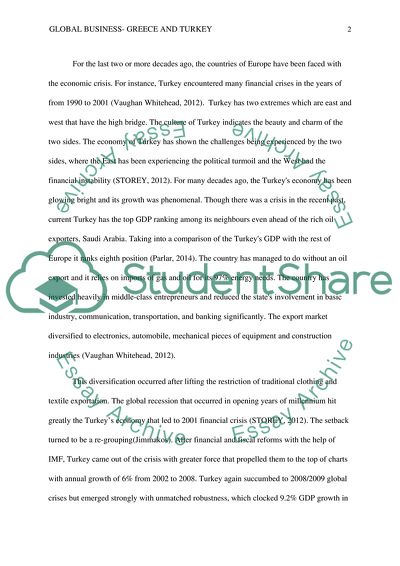Cite this document
(Seminar in Global Business- Greece and Turkey Case Study, n.d.)
Seminar in Global Business- Greece and Turkey Case Study. Retrieved from https://studentshare.org/macro-microeconomics/1874134-integrative-report-seminar-in-global-business-greece-and-turkey
Seminar in Global Business- Greece and Turkey Case Study. Retrieved from https://studentshare.org/macro-microeconomics/1874134-integrative-report-seminar-in-global-business-greece-and-turkey
(Seminar in Global Business- Greece and Turkey Case Study)
Seminar in Global Business- Greece and Turkey Case Study. https://studentshare.org/macro-microeconomics/1874134-integrative-report-seminar-in-global-business-greece-and-turkey.
Seminar in Global Business- Greece and Turkey Case Study. https://studentshare.org/macro-microeconomics/1874134-integrative-report-seminar-in-global-business-greece-and-turkey.
“Seminar in Global Business- Greece and Turkey Case Study”, n.d. https://studentshare.org/macro-microeconomics/1874134-integrative-report-seminar-in-global-business-greece-and-turkey.


